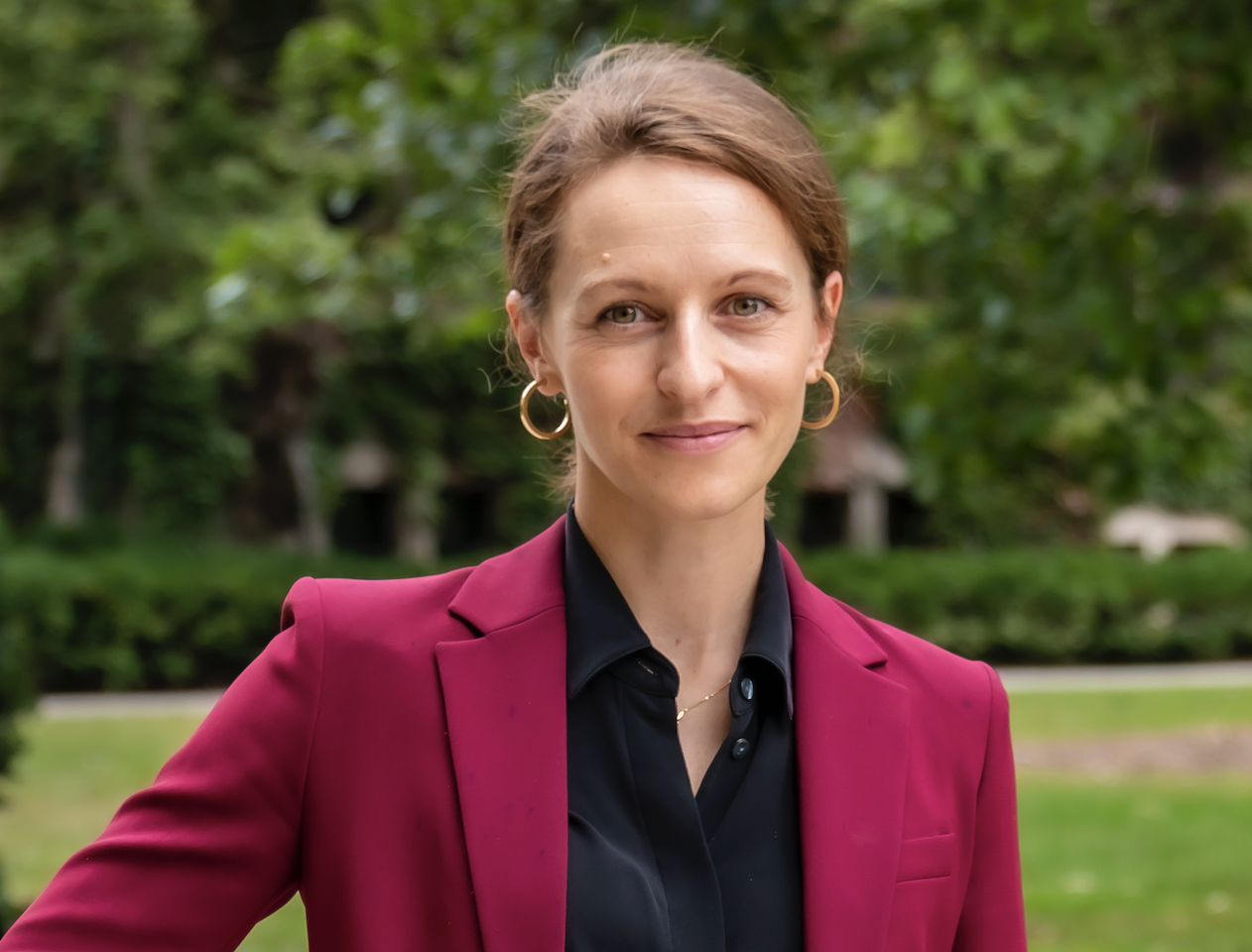
2025-26 Abstract:
Informal medicine markets are widespread across many low- and middle-income countries (LMICs), yet there is limited quantitative evidence on their effects on consumer behavior and societal welfare. This study examines the informal market for medicines in Freetown, Sierra Leone, where unlicensed vendors, known as marketers, sell medicines on public transportation. We conducted a listing of 141 marketers, collecting survey and observational data to uncover key insights. On the supply side, marketers primarily source medicines from wholesale pharmacies and sell them at prices comparable to retail pharmacies. On the demand side, citizens disproportionately rely on marketers for medicines with positive externalities (e.g., deworming pills) and for stigmatized conditions (e.g., STIs). Building on these findings, we propose two studies. First, leveraging quasi-random variation in citizens’ exposure to marketers, we examine whether this exposure influences their engagement with formal healthcare providers. Second, we experimentally vary marketers’ sales pitches to test how behavioral mechanisms, such as persuasive communication, shape demand for essential medicines. Finally, we will assess the quality of medicines sold in informal versus formal sectors through a blind comparison. These findings will inform policies on informal markets in Sierra Leone and provide insights applicable to other LMICs.
Bio:
Anne Karing’s, an Assistant Professor in Economics and the College, research focuses on the economics of healthcare delivery and health-seeking behaviors in low-income countries, integrating insights from psychology. Her core work explores how social signaling motives can influence behaviors to improve individual health and societal outcomes. She has implemented large-scale field experiments in Sierra Leone and Kenya to assess the effectiveness of social signaling incentives in increasing the demand for childhood immunization and deworming treatment. Anne’s follow-up surveys examine the long-run effects of these incentives on preferences and beliefs.
Other branches of her work investigate medicine markets, including the interplay between formal and informal markets and the role of social preferences and competition in addressing market failures among formal providers. She also evaluates the efficacy of government policies designed to enhance the uptake of essential healthcare services.
Karing earned a BA with honors in Philosophy, Politics, and Economics and an MPhil in Economics from the University of Oxford, where she was a Rhodes Scholar. She completed a PhD in Economics at the University of California, Berkeley, and a postdoctoral fellowship at Princeton University’s Department of Economics and School of Public and International Affairs.
 THE UNIVERSITY OF CHICAGO
THE UNIVERSITY OF CHICAGO

